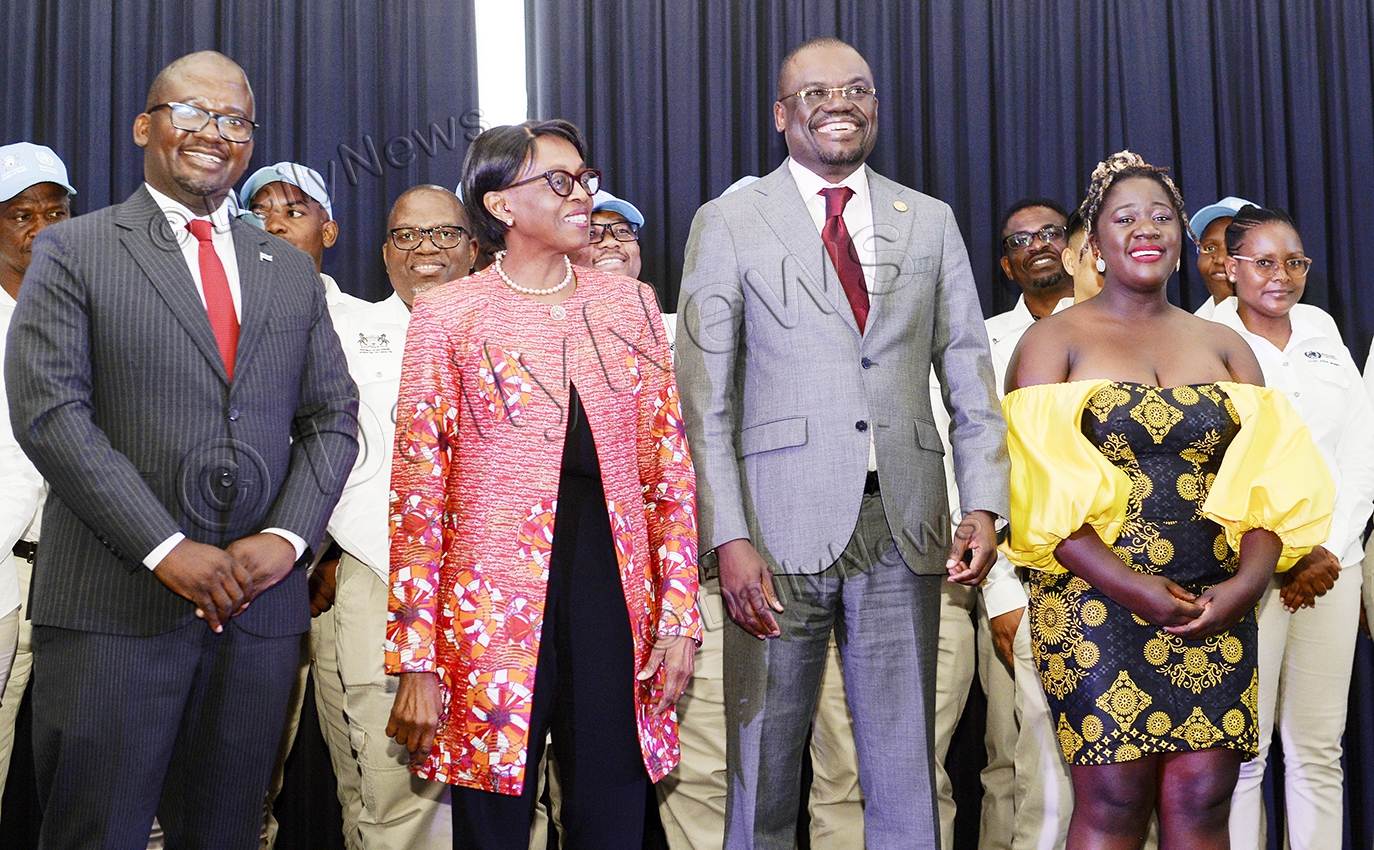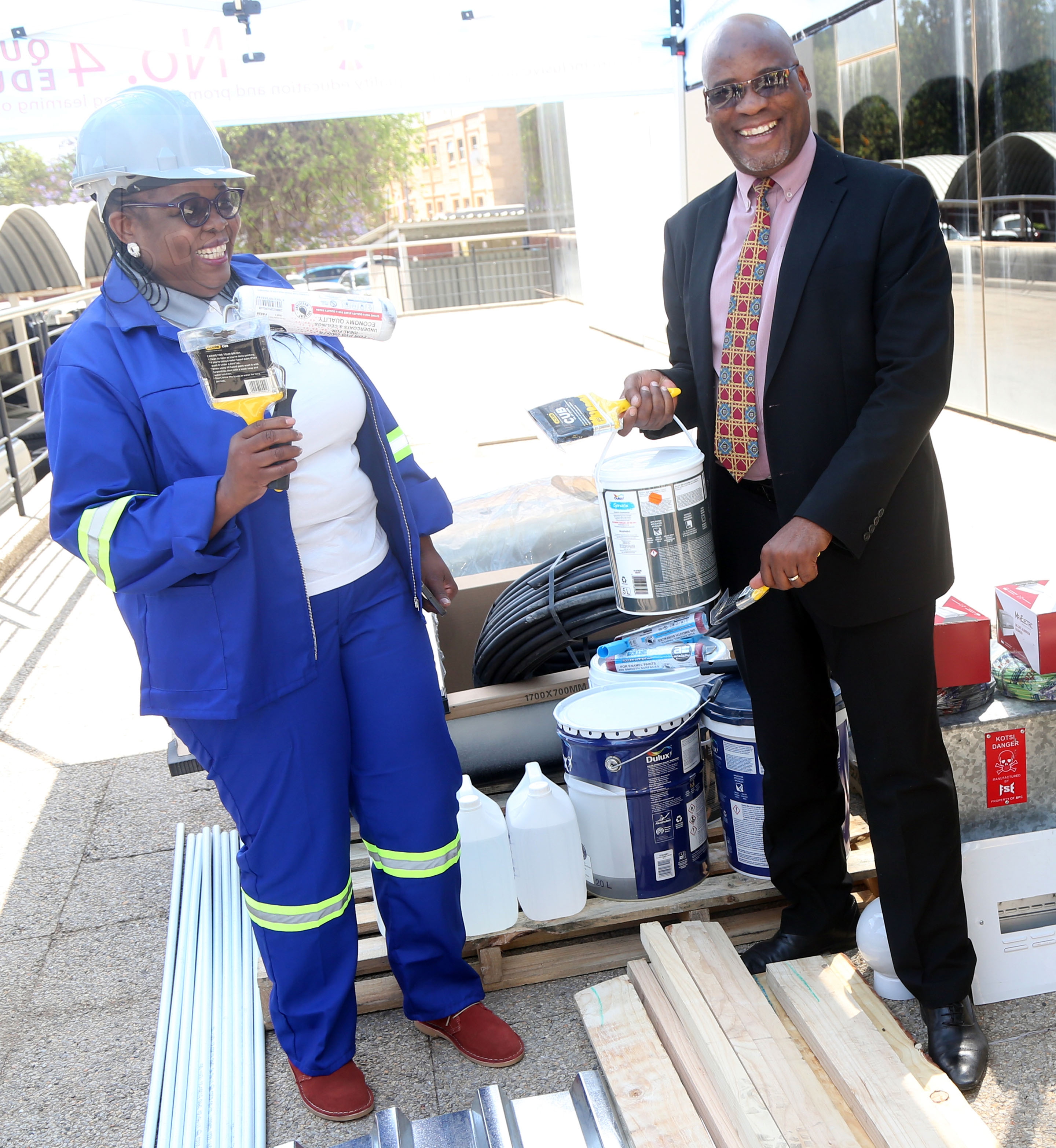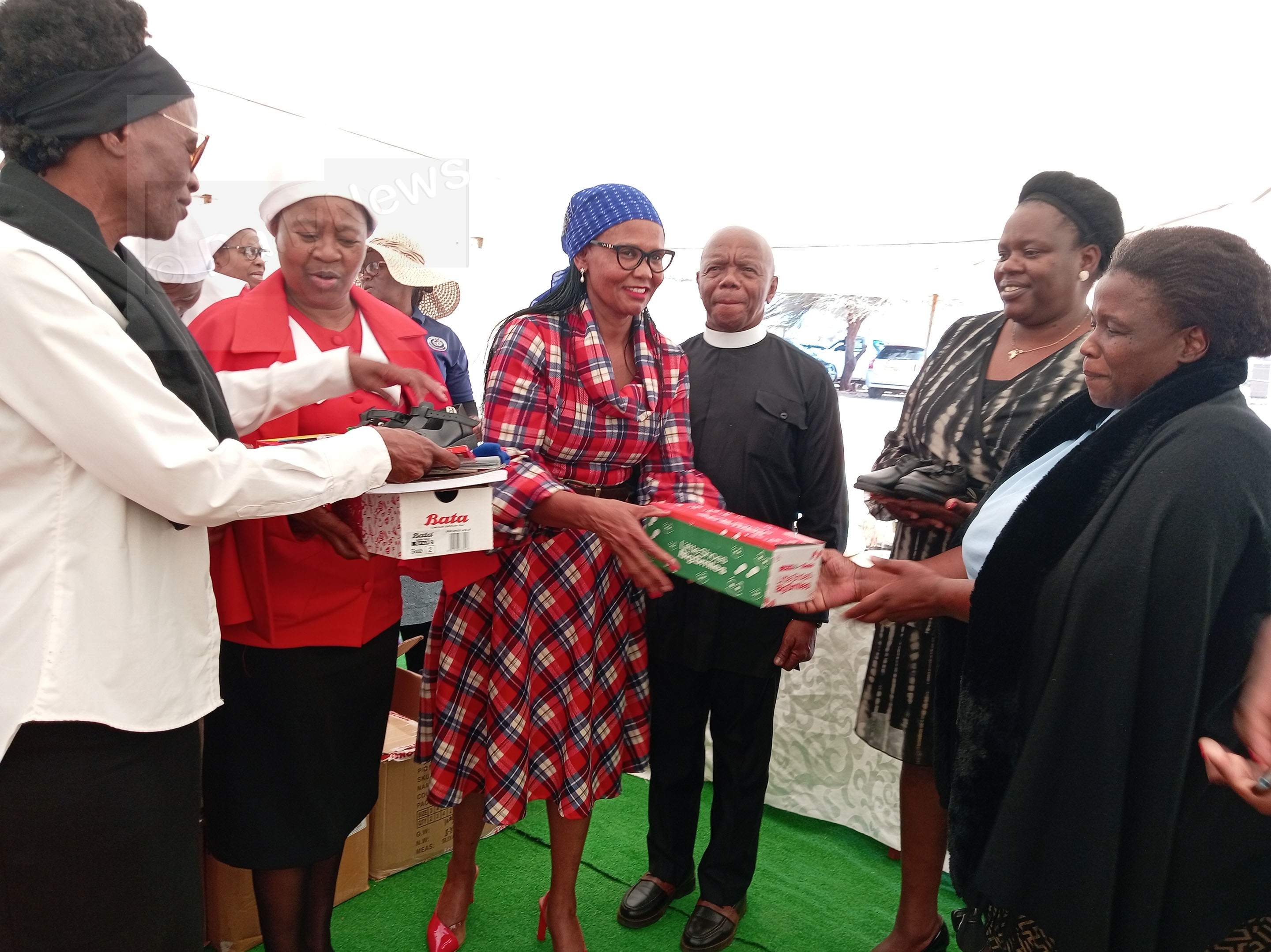Africa registers progress in protecting populace
31 Aug 2023
Over the past 12 months, there has been remarkable progress in African states’ mission to protect their populations from health-related emergencies, says Assistant Minister of Health, Mr Sethomo Lelatisitswe.
Speaking at the 73rd Session of WHO Regional Committee for Africa (RC73) health security ministerial dinner in Gaborone on Wednesday, Mr Lelatisitswe said a year had passed since member states had adopted the Regional Strategy for Health Security, a strategic framework aimed at strengthening the nations’ ability to prepare for, detect, and respond to emerging health and humanitarian crises.
“Botswana has made significant strides in implementing the WHO/AFRO 3rd Generation Edition Integrated Disease Surveillance and Response (IDSR) Technical Guidelines,” he stated.
He said the guidelines had been effectively shared with healthcare practitioners across both public and private sectors, enhancing the ability to implement them and improving readiness for health security.
In terms of enhancing public health surveillance, Mr Lelatisitswe stated that the country had launched the Field Epidemiology Training Programme.
“This in-service training initiative focuses on practical epidemiological skills and has led to the graduation of 59 healthcare workers, who were equipped with the necessary tools to conduct real-time disease surveillance,” he explained.
Mr Lelatisitswe said in the country’s efforts to further strengthen health security, 70 national and sub-national teams had been successfully trained.
“These teams, consisting of experts from various sectors, are focused on reinforcing Botswana’s Emergency Preparedness and Response (EPR) systems and the core capabilities and abilities needed for effective execution of the International Health Regulations (IHR),” he said.
Mr Lelatisitswe highlighted that the group of professionals had completed the WHO training course on health emergencies.
“As a result, Botswana now boasts of a skilled team of health emergency responders who can swiftly address emergencies within the country and beyond, with response times between 24 to 28 hours,” he stated.
He indicated that this level of preparation had empowered the ‘AVoHC-SURGE’ responders to effectively handle COVID-19 pandemic and instances of local outbreaks, circulating vaccine derived polio virus type 2(cVDPV2), measles and malaria.
He disclosed that two experts from the team were deployed internationally to respond to malaria outbreaks.
Mr Lelatisitswe indicated that the strengthening of the country’s public health workforce and emergency response capabilities positions Botswana well to tackle future public health emergencies.
“However, it’s important to acknowledge that this journey is just beginning, and there’s still substantial work that lies ahead,” he said.
He said emergencies were becoming more frequent and severe, demanding a stronger state of readiness.
“This gathering gives us the opportunity to reflect on our achievements and learn from each other to enhance our future efforts, and through a shared vision and collaborative spirit, Africa can become a global model,” he said. ENDS
Source : BOPA
Author : Taboka Ngwako
Location : GABORONE
Event : 73rd session of World Health Organisation
Date : 31 Aug 2023






